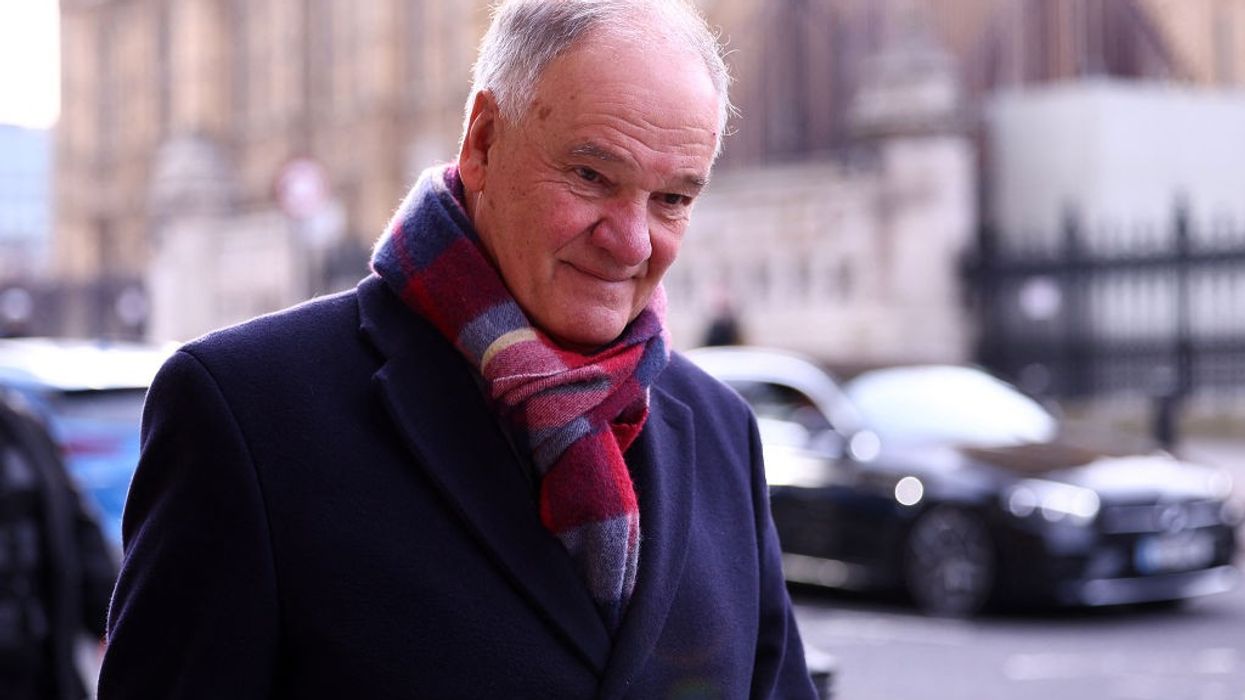THE former chairman of the Post Office has defended himself against claims of using derogatory language during a board meeting, reported the BBC.
An investigation into Henry Staunton and the Post Office's current CEO, Nick Read, revealed that Staunton made inquiries about a potential board member's race and background.
During the meeting, Staunton also referred to female recruits as "girls" and used and used the term "pains in the arses".
In a statement, Staunton said: "I was, at the time, quoting a previous conversation that I had had when I was chair of another organisation in which, a woman in a senior management role had said to me that she did not like appointing 'girls' because they were, in her experience, 'pains in the arses'."
"The question I posed about the ethnicity of a candidate was seeking clarification in the context of our efforts to increase diversity."
He acknowledged that his choice of words regarding a candidate's ethnicity was outdated and apologised.
The investigation stemmed from misconduct allegations against Read, which were later dismissed.
Staunton clarified that he was not named in the whistleblower's complaint but was investigated nonetheless.
He was dismissed from his role in January by business secretary Kemi Badenoch , resulting in a back-and-forth public dispute between them.
Following his departure, Staunton alleged in an interview that a civil servant had advised him to delay compensation payments to prevent the government from facing significant financial impact before an election.
The government vehemently denied this accusation, with Badenoch saying that Staunton was under investigation for serious allegations, including bullying.
However, he disputed these claims and later revealed in February that Read was actually the subject of an investigation following a complaint made against him through the Speak Up process.
The Post Office confirmed receiving complaints against Read and other staff members at the time.
Upon the emergence of details from the report on Wednesday (17), Staunton expressed his understanding that the Business and Trade Department intended to conclude the matter. However, he felt compelled to respond after selected portions of the confidential report were leaked to the media.
A spokesperson for the Department for Business and Trade reiterated their stance that the report had effectively addressed the issue, allowing them to focus on ensuring postmasters receive fair compensation.
Meanwhile, a spokesperson for the Post Office emphasised the importance of maintaining confidentiality around the Speak Up policy, expressing disappointment that the report had been leaked to the public.
Between 1999 and 2015, the Post Office prosecuted over 700 sub-postmasters using flawed data from the Horizon system, resulting in more than 900 prosecutions in total.
Victims meet Sunak
Two former sub-postmasters from East Yorkshire expressed feeling heard after a meeting with the prime minister Rishi Sunak.
Lee Castleton and Janet Skinner met with Sunak after appearing on BBC Politics North.
Both individuals, prosecuted by the Post Office, described the discussions as "positive and responsive."
The meeting was facilitated by Post Office minister Kevin Hollinrake, following his conversation with Castleton and Skinner.
Castleton said, "He (Sunak) certainly listened and was very open to discussion. It was truly responsive. We feel heard in our journey, and hope for positive changes."
Castleton faced bankruptcy after his Bridlington branch was discovered to have a £25,000 deficit. Representing himself in the High Court due to financial constraints, he lost the case.
Skinner received a nine-month sentence in 2007 for an alleged £59,000 shortfall at her Post Office branch in Bransholme, Hull.
She said, "These talks were about our personal circumstances but it's not just going to apply to us. Anything positive will apply to everyone moving forward."














